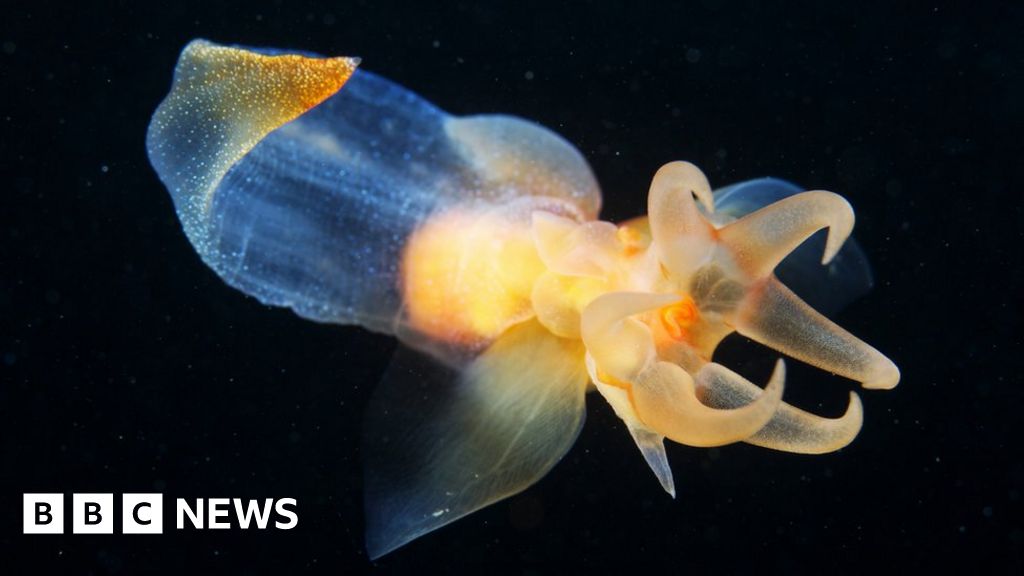This is the best summary I could come up with:
The deep sea hosts potato-sized rocks called nodules and crusts which contain minerals such as lithium, scandium and cobalt, critical for clean technologies, including in batteries.
Techniques to harvest the minerals from the sea floor could generate significant noise and light pollution, as well as damage to the habitat of organisms relying on the nodules, according to the International Union for Conservation of Nature (IUCN).
In November, in an unusual move, 120 EU lawmakers wrote an open letter calling on the Norwegian parliament to reject the project because of “the risk of such activity to marine biodiversity and the acceleration of climate change”.
Marianne Sivertsen Næss, chair of The Standing Committee on Energy and the Environment, which considered the original plan, told the BBC that the Norwegian government was taking a “precautionary approach to mineral activities”.
Mr Sognnes, of Loke Minerals, added that the government’s plan would bring in much-needed investment from the private sector for research of deep marine environments.
The Environmental Justice Foundation estimates in a report that 16,000 tonnes of cobalt per year, about 10% of annual production, could be recovered through improved collection and recycling of mobile phones.
The original article contains 811 words, the summary contains 192 words. Saved 76%. I’m a bot and I’m open source!
Excerpt from the article:
Marianne Sivertsen Næss, chair of The Standing Committee on Energy and the Environment, which considered the original plan, told the BBC that the Norwegian government was taking a “precautionary approach to mineral activities”.
She said: “We do not currently have the knowledge needed to extract minerals from the seabed in the manner required. The government’s proposal to open an area for activity enables private players to explore and acquire knowledge and data from the areas in question. Opening up areas is not the same as approving extraction of seabed minerals.”



